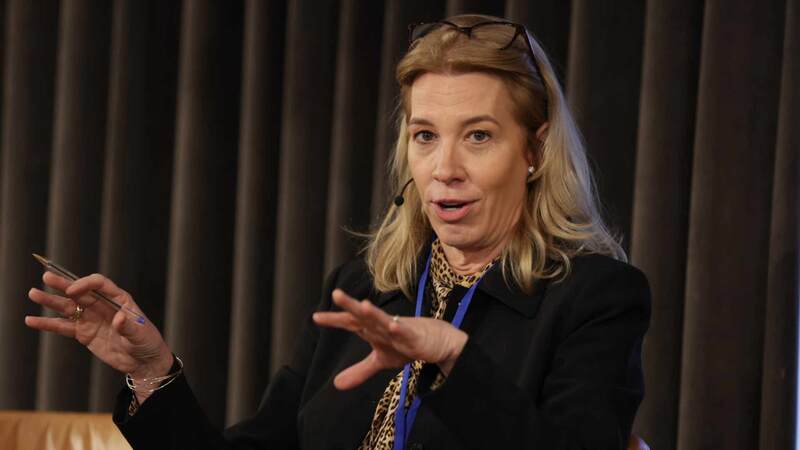You are viewing your 1 free article this month. Login to read more articles.
Watson urges government re-think on council cuts as library stock falls
Tom Watson has called on the government to “urgently rethink” cuts to council budgets, saying it is a “scandal” the number of books stocked in public libraries fell 21% between 2011 and 2018, as the nation marked World Book Day.
Referring to CIPFA data from December, shadow culture secretary Watson blamed the declines on Tory austerity and cuts to council budgets, saying: “It’s a scandal that almost 100m fewer books are being borrowed from our public libraries. Council budgets have been cut to the bone by Tory austerity and our library services are paying the price. World Book Day is a great opportunity to celebrate how reading opens up whole new worlds for children and adults alike but everyone should have access to books and the joy of reading. The government should urgently rethink and end these senseless cuts.”
The number of books issued per annum also declined by 38%, according to the data, which was sourced from CIPFA (the Chartered Institute of Public Finance and Accountancy).
Wales and Scotland showed a decline both book stock and the number of book issues fell. In Wales stock was down 17% and book issues declined 26%, and in Scotland those respective percentages stood at -12% and -39%.
Laura Swaffield, chair of the Library Campaign, said she was “not surprised” with the data. “A decline in spending means a decline in loans is not far behind, I’m just surprised the situation isn’t worse,” she told The Bookseller. “Libraries are community centres but 80% of what they do is lend books and if you slash book funds people will take out fewer books. The whole point of public libraries is stocking a wide range.”
The data also broke down falls in book stock across regions in England, showing that the worse affected area was the North West (down 29%) and the least affected was the South West (down 14%). The North East showed the biggest change in the number of book issues, which nearly halved (-45%) between 2011 and 2018.
“The bias in spending between regions is well known and cuts to spending are higher in the North,” said Swaffield. “There is a bias towards better-off areas, which tend to vote Tory.”
But library campaigner Tim Coates said the fall under the previous Labour government was "far greater". He told The Bookseller: “What Tom Watson omitted to say was that during the previous period of the Labour government, the fall was even greater. In 1999 the number of loans were 363m and fell to 255m - so the fall during their time was 112m. During the Labour government overall library funds were abundant. Obviously they are less so now. But neither government nor local councils understood or understand the overwhelming need to buy more books for the public libraries - and they still don't.”
C.e.o. of library and information association CILIP Nick Poole said: “Far from signalling reduced demand for books by the public, these figures show that if you slash library budgets, you reduce reading and all of the positive benefits that go with it. These cuts often target the poorest communities where people can’t afford the cost of buying books for themselves. Britain risks becoming a nation of library haves and have-nots.”
In terms of changes to how libraries are run, the data showed that the number of volunteers in libraries increased 75% in Scotland, 134% in England, and a massive 3,392% in Wales. The number of hours worked by volunteers was also up: 14% in Scotland, 162% in England and 1,070% in Wales.
A spokesman for the Department for Housing, Communities and Local Government said: “We are investing in Britain's future by providing local authorities with access to £45.1 billion this year - increasing to £46.4 billion next year - to meet the needs of their residents. Local authorities have a statutory duty to provide a comprehensive and efficient library service.”
The findings come as Aberdeen city council scrapped plans to close 16 of its 17 libraries, as seven councils come under threat in Ealing amid pressures on local authority budgets.
Earlier this week research carried out by the National Literacy Trust for World Book Day revealed the number of children and young people who read every day and the percentage of those who read for pleasure have declined.
To mark World Book Day, Downing Street welcomed 30 schoolchildren to Number 10 to share a story. Theresa May said: “World Book Day gives us an opportunity to encourage a love of reading and a love of books that can last a lifetime. That’s why today I’m delighted to support this year’s World Book Day which is inspiring children, parents and carers to sit down, open a book and share a story together.”.















